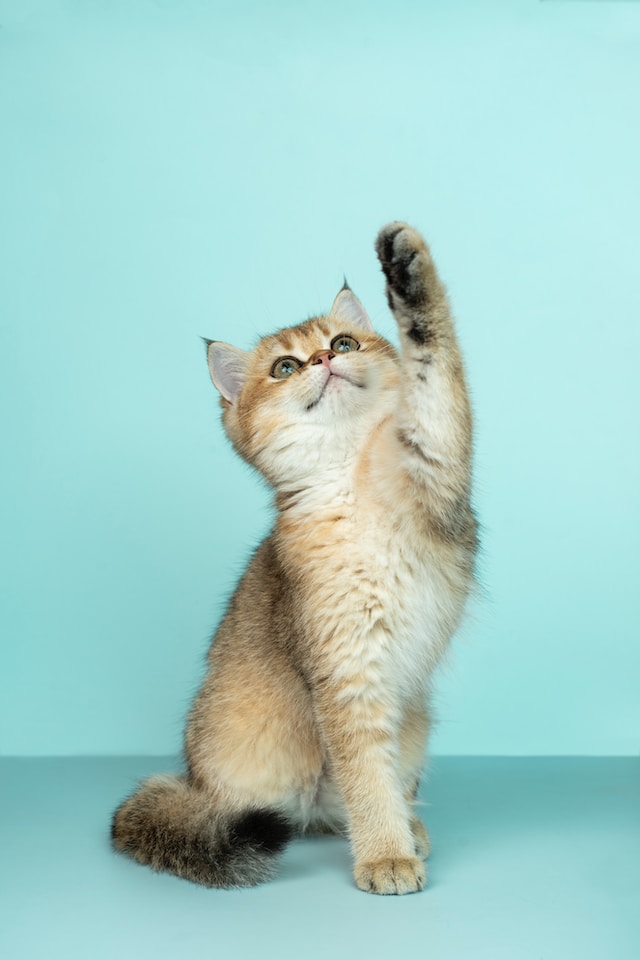
The Impact of Cats on Mental Health: How They Can Help Reduce Stress and Anxiety
Contents
- 1 Cats have been recognized as a source of comfort and joy for centuries.
- 2 Cats can help people who are lonely or depressed.
- 3 Cats can be a source of companionship, particularly if you live alone.
- 4 Cats can help people who have been diagnosed with mental illness.
- 5 The petting of a cat can help the body release endorphins, the chemicals that make us feel happy.
- 6 Cats are wonderful companions that keep us healthy mentally.
- 7 Conclusion
Cats have been shown to be good for our health, both physically and mentally. Here are some of the ways they can help you stay mentally healthy:
Cats have been recognized as a source of comfort and joy for centuries.
Cats have been domesticated for over 4,000 years and were worshipped as gods in ancient Egypt. The Egyptians revered cats so much that they mummified them alongside humans and placed statues of them in their homes, temples and tombs.
In ancient Greece and Rome, cats were also considered sacred animals; there are many references to them being worshipped as deities by both Greeks and Romans alike.
It was during the Middle Ages that people began associating witches with black magic; it was believed witches could transform themselves into cats to carry out their evil deeds on unsuspecting victims!
Cats can help people who are lonely or depressed.
Cats are great companions. They’re quiet, they don’t need much attention and they’re always there when you need them. For people who live alone or have been diagnosed with mental illness, having a cat can help reduce feelings of loneliness and depression.
Cats also provide some benefits in the workplace: they can be used as stress relief tools during meetings or when employees are feeling overwhelmed by their workloads; they help promote employee health by encouraging them to get up from their desks more often; and they provide entertainment for bored employees who need something interesting to do while waiting in line at the coffee machine!
Cats can be a source of companionship, particularly if you live alone.
If you don’t have anyone else around to keep you company and make sure that everything is okay, having a cat around can help fill the void. Cats are very independent animals who don’t require much attention from their owners. They’ll be happy just hanging out with each other or sleeping on the couch while their humans are out doing things like going to work or running errands.
In addition to providing companionship and affection, cats can also help reduce anxiety and stress by simply being there when needed–even if it’s just lying next to your feet while watching TV!
Cats can help people who have been diagnosed with mental illness.
Cat owners are less likely to suffer from depression, anxiety and schizophrenia. Cats can also help people who have posttraumatic stress disorder (PTSD). And because cats don’t judge you on your behavior or appearance like humans do, they’re a good option if you have autism too!
The petting of a cat can help the body release endorphins, the chemicals that make us feel happy.
Endorphins are also released when we exercise, eat chocolate and have sex (and even when we laugh!).
So next time you’re feeling stressed out or anxious give your kitty some love–you’ll both be happier for it!
Cats are wonderful companions that keep us healthy mentally.
They’re affectionate, good listeners and can be a source of comfort when you’re feeling down. They can also help you relax and even sleep better!
Conclusion
It’s clear that cats have a positive impact on the mental health of their owners. They provide companionship, which is especially helpful for those who live alone. In addition, the petting of a cat can help release endorphins in the body which make us feel happy and relaxed. Finally, if you’re struggling with depression or anxiety then having a cat around could be just what you need to get back on track again!



Average Rating